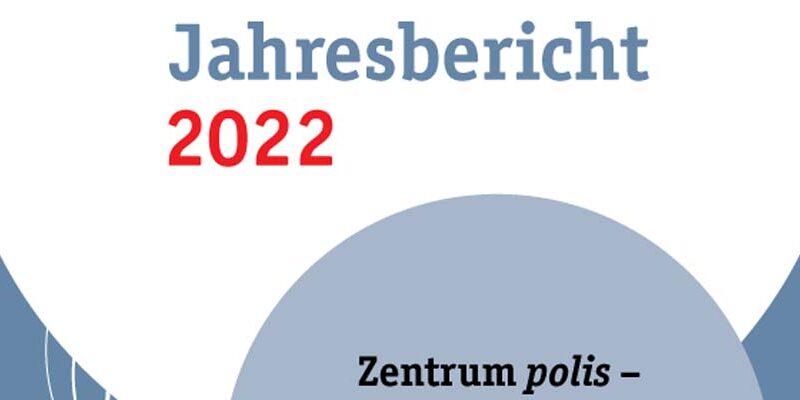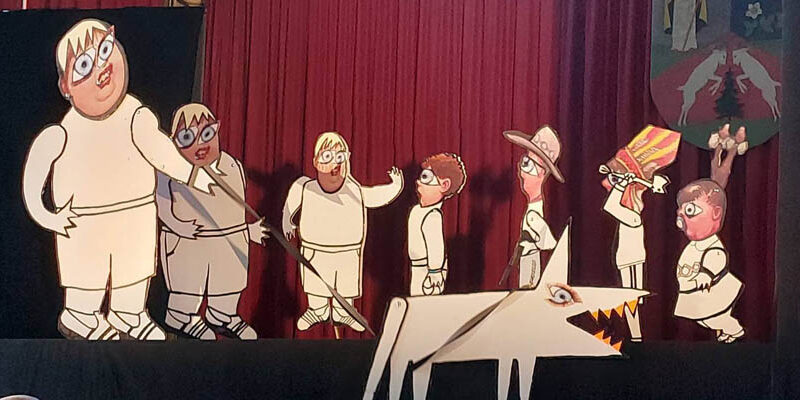16/11 – 27/12 2021

Dear friends,
During these two months we actively played and explored.
We held a total of 8 workshops!

SOMEONE ELSE’S SHOES

At the sixth workshop, we examined the attitudes and prejudices we cultivate towards certain social groups, different individuals, and social phenomena in the school context. We did this through various dramatic and sociogram forms. As an additional task, the children were given a character whose “shoes” they were supposed to put in. So to imagine what that person is like with that kind of specificity, impossibility, and to devise the life routines of that person, where, when he encounters problems in the family, the community.
Statement of one of the participants in the workshop: “We all live in Zemun field and we are of a similar age, and we have such different attitudes in everything!”

INJUSTICE
We dedicated one part of the seventh workshop to the presentation of the heroes that was given at the last workshop. This was the reason for serious discussions on various topics. In any case, the children generally concluded that this exercise gave them a chance to understand the other / different, and that they rarely put themselves in the position of another person. The second part of the workshop dealt with scenes when a hero experiences injustice. The children came up with the dramatic situation on their own. Most often, they chose examples from life, but also from some famous fairy tales. These scenes were performed with puppets or masks. And after one performance, we approached the technique of the theater of the oppressed, where the rest of the group / audience is invited to replace the main character in the next stage scene when they think they could act differently to create a better situation for the hero.
DECLARATION

At the eighth workshop, we were first introduced to the possibility of voting (pro & contra with the help of red / green papers) so that the workshop leader read various statements concerning children’s rights. After several votes, the children discussed certain topics and why they voted that way. Then we introduced the concept of the Declaration of Human Rights, and we dealt with many of its specific views. The children first said what they thought about what the attitude meant, and then the facilitator supplemented them or together they looked for answers and examples on the Internet. Then they chose those attitudes / topics that were interesting, inspiring and in frozen groups of three made frozen pictures of situations in which this human right is violated.
All children spoke out on their own initiative and decisively against Article 26 of the Declaration of Human Rights, which reads: Parents have the primary right to choose the kind of education that shall be given to their children. They argued that this should not be the case at all and that children have the right to choose their own education.

HUMAN RIGHTS RESEARCH

The ninth workshop was marked in its entirety by the presentation of research conducted by children in their community, on the topic of various human rights, according to their choice. Their task is to find stories of violating or practicing a law, although the final result of their focus was more on examining the attitudes of their peers, or fellow citizens in general. The children were also able to choose the way in which they would record their knowledge. They could do it as an audio or video attachment, in written form, in the form of a drawing or a map, or as a digital presentation.

DRAMATIC WARM UP

We have dedicated the tenth workshop exclusively to drama exercises, in order to take a break from the topic of human rights, injustice and the like, and in order to dedicate ourselves to the improvement of some other skills. We worked in pairs on the exercises of connecting and repeating movements and sound, with variations of changes in speed, emotion, size, volume. After this, exercises that required them to form an object in pairs or in threes or fours (a table, a machine, a bed, etc.). After this, the children were given the task of developing a scene of a monologue from the character of one of these objects, or a scene of dialogue between two objects in a context to which they belong. Through these exercises, the children developed imagination, the ability to enter a character, to understand someone else’s position, learned to cooperate and connect with each other, practiced verbal abilities, learned to understand emotions.

DISCUSSION AND ADVOCACY

We dedicated the eleventh and twelfth workshops to the development of the skill of argumentative discussion as well as the development of ideas for some improvements and changes in the community. First, we did dramatic conflict exercises in pairs from the role of some subjects that are in a common context but have opposite desires and needs. After that, we moved on to proposing what should change in the community, whether micro – such as a school, or macro – such as a municipality or a city. After that, the proposals that will be further improved were chosen by voting. For one specific proposal, there would be two groups that had the opposite task: to develop arguments FOR and arguments AGAINST that proposal.
The most beautiful thing that the children said at the twelfth workshop was the request to have workshops during the holidays, and the question why they do not have workshops every day.




